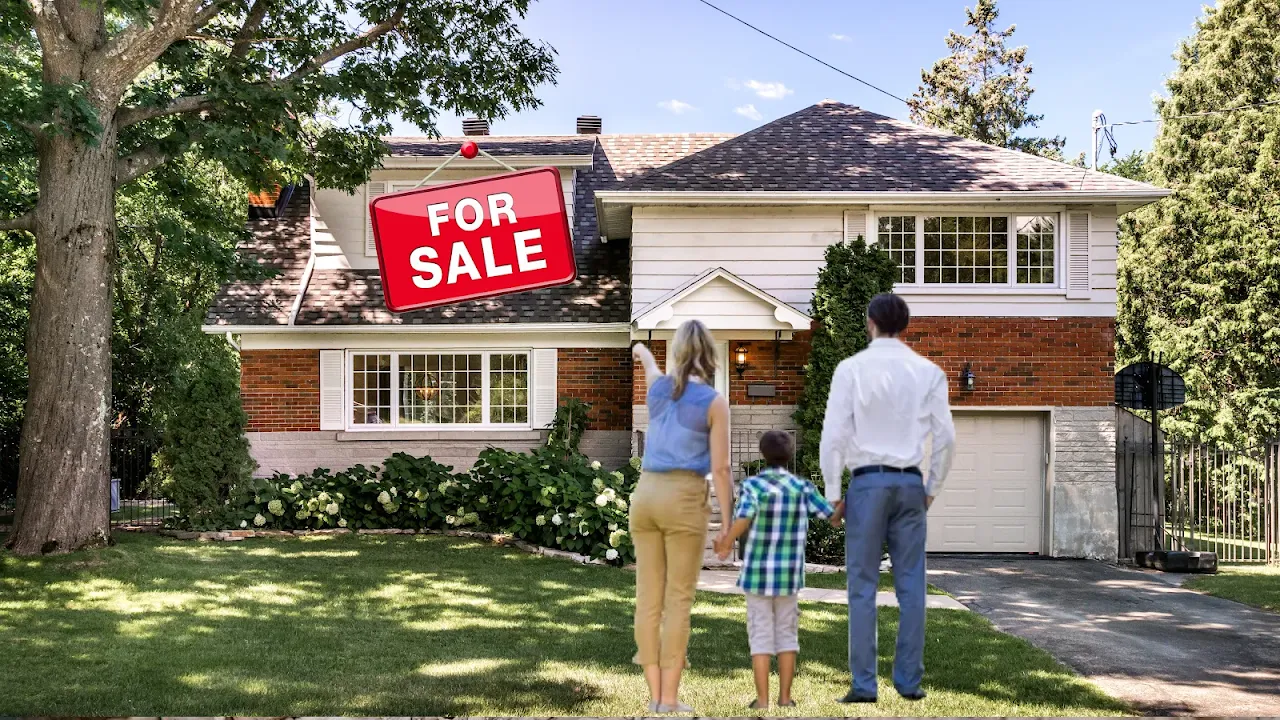5 Types of Homes That Will Plummet in Value in 2024
Discover the 5 types of homes that are predicted to experience a decline in value in 2024. Stay informed to make wise real estate decisions!
Introduction:
In 2024, the real estate market is projected to undergo significant shifts, impacting the values of various property types. As a savvy investor or homeowner, it’s crucial to anticipate these changes to protect your investment and make informed decisions. This article delves into five types of homes that experts predict will experience a decline in value in 2024, offering insights to guide your real estate endeavors.
Identifying the Homes:
Traditional Suburban Houses
In the wake of changing lifestyle preferences and urbanization trends, traditional suburban houses are expected to face a decline in value. With younger generations favoring urban living for its convenience and amenities, the demand for sprawling suburban homes is dwindling.
Luxury High-Rise Apartments
While luxury high-rise apartments have long been synonymous with opulent living, their appeal is waning in 2024. Oversupply in urban markets coupled with shifting consumer preferences towards more spacious and customizable living spaces are contributing to the plummeting value of these properties.
Vacation Homes in Remote Areas
The allure of remote vacation homes has diminished amidst growing concerns over climate change and accessibility issues. Properties located in secluded or environmentally vulnerable areas are likely to experience a decline in demand and subsequent decrease in value.
Older Single-Family Homes
Older single-family homes, particularly those requiring extensive renovations or located in less desirable neighborhoods, are poised for devaluation. Buyers are increasingly prioritizing modern amenities, energy efficiency, and prime locations, relegating older properties to a lower tier in the real estate market.
Manufactured Homes in Declining Communities
Manufactured homes situated in communities experiencing economic decline or lacking essential infrastructure are at risk of losing value in 2024. Factors such as limited appreciation potential and difficulty in securing financing further contribute to the depreciation of these properties.
Factors Contributing to the Decline:
Shifting Demographics
Changing demographics, including an aging population and shifting household compositions, influence housing preferences and demand dynamics, thereby impacting property values.
Economic Uncertainty
Uncertainty in the global economy, coupled with fluctuations in interest rates and inflationary pressures, affects consumer confidence and purchasing power, influencing housing market trends.
Environmental Concerns
Increasing awareness of environmental sustainability and resilience prompts buyers to prioritize eco-friendly features and locations less susceptible to natural disasters, shaping property value trajectories.
Technological Advancements
Advancements in technology, such as remote work capabilities and smart home innovations, redefine the concept of homeownership and influence the desirability of certain property types.
Regulatory Changes
Changes in zoning regulations, taxation policies, and government initiatives impact the affordability and attractiveness of different housing options, driving fluctuations in property values.
Navigating the Market:
Adaptation Strategies
To mitigate the risk of declining property values, homeowners and investors can explore adaptation strategies such as renovation projects, diversifying investment portfolios, and leveraging market insights to identify emerging opportunities.
Consulting Professionals
Seeking guidance from real estate professionals, financial advisors, and legal experts can provide valuable insights and ensure informed decision-making in navigating the evolving real estate market landscape.
Monitoring Market Trends
Staying abreast of market trends, economic indicators, and regulatory developments enables stakeholders to anticipate shifts in housing demand and proactively adjust their strategies to capitalize on emerging opportunities.
FAQs (Frequently Asked Questions):
– How can homeowners protect their investment amidst declining property values?
– Are there any emerging real estate markets that offer potential for growth despite the overall decline?
– What role do economic indicators play in predicting housing market trends?
– Are there any government initiatives aimed at stabilizing the housing market in 2024?
- How can investors diversify their portfolios to mitigate risks associated with declining property values?
- Is it advisable to sell a property experiencing a decline in value, or are there alternative strategies to consider?
Conclusion:
In conclusion, staying informed about the factors influencing housing market dynamics is essential for navigating the complex landscape of real estate investment. By understanding the types of homes expected to decline in value in 2024 and adopting proactive strategies to adapt to market conditions, stakeholders can safeguard their investments and capitalize on emerging opportunities in the ever-evolving real estate sector.










